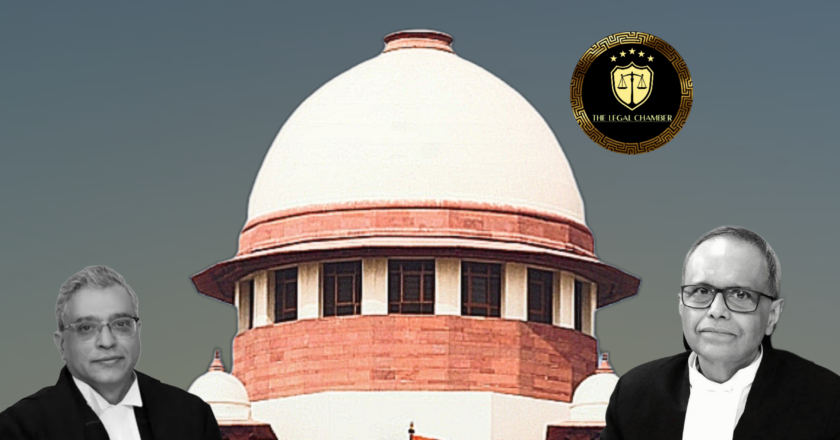Big Relief for Mothers: Supreme Court Backs Woman’s Right to Benefit After Remarriage
The Supreme Court ruled that K. Umadevi is entitled to maternity leave under FR 101(a), setting aside the High Court Division Bench's decision. The Court emphasized a purposive and liberal interpretation of maternity benefit provisions, aligning with reproductive rights under Article 21 of the Constitution and international conventions, irrespective of prior children not in the mother's custody or born from a previous marriage.
Facts Of The Case:
K. Umadevi, the appellant, married A. Suresh in 2006, having two children from this wedlock in 2007 and 2011. Their marriage was dissolved in 2017, and the children remained in the custody of her former husband. In December 2012, she joined government service as an English Teacher in Tamil Nadu. On September 12, 2018, the appellant remarried M...



